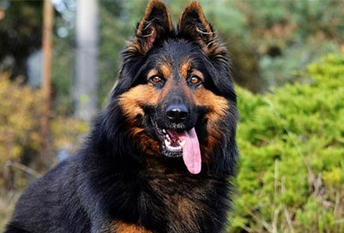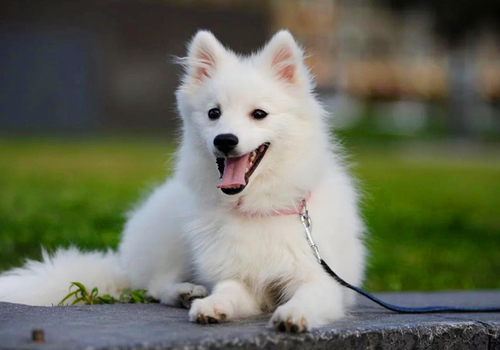It is thought that the Japanese Spitz is descendent of theSamoyedand when they were introduced to Japan early in the 20th century where they were bred to be smaller and smaller with the end result being the dogs we see today. The breed was created using other spitz-type dogs although some people believe they might have Samoyed in their ancestry too.
It was during the 1920s and the 1930's that the Japanese Spitz was further developed in Japan, buy the first dogs arrived in America, Australia, Canada, and China in 1918. There is some belief that these are the dogs that formed the foundation stock of the modern Japanese Spitz and it was not until 1981 that the breed was officially recognized by The Kennel Club.
Today, the breed is not as well-known in the UK as other breeds and their numbers remain quite low with fewer than 200 Japanese Spitz being registered with the Kennel Club every year. As such, although not a vulnerable breed, these charming dogs are quite hard to find and are therefore thought to be rare in the UK. With this said, over recent years, more Japanese Spitz have found their way into the hearts and homes of many people both here in the UK and elsewhere in the world, but they are also now firm favorites with judges and spectators at dog shows too.










